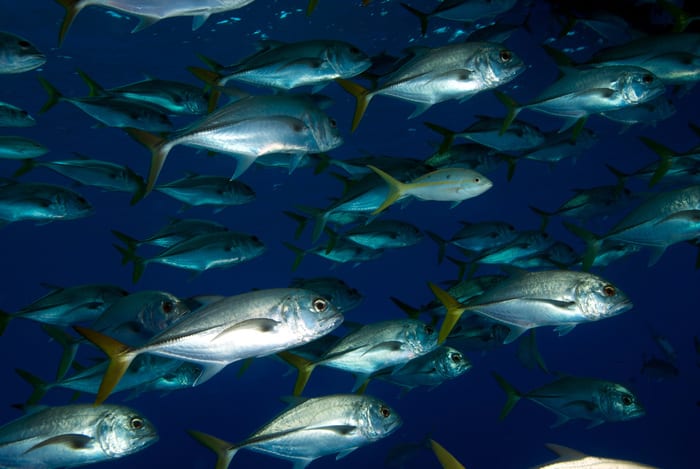Aquaculture Standards and Certification Bodies Help Southeast Asia’s Aquaculture Industry to Become More Sustainable
- Category:
- Animal Utilization
- General News

As Southeast Asia’s aquaculture industry moves to greater production and extra-regional exports, they face an issue of critical importance. USSEC’s Southeast Asia Aquaculture Program has identified that there are still many in the aquaculture industry that are either unaware of or not paying attention to the international movement by buyers to purchase only certified product. Buyer pressure helped put standards and certifications into place to ensure seafood safety after several international issues with potentially unsafe aquaculture products such as antibiotic residues in seafood. However, the standards are also fostering an environment where responsible production and sustainability issues are becoming more important, which will move Southeast Asia’s aquaculture industry in general from short-term production approaches to long-term ones. This fits very well with the USSEC ideal for promotion of a profitable and sustainable feed-based aquaculture industry that plans for the long term.
USSEC Aquaculture Program Lead Technical Consultant Lukas Manomaitis traveled to the Global Aquaculture Alliance’s (GAA) headquarters in Portsmouth, New Hampshire to discuss a closer cooperation with the GAA, the organization that is the main force behind the Best Aquaculture Practices (BAP) standard in the industry. Mr. Manomaitis met with key officers, including president George Chamberlain; executive director Wally Stevens; VP Steve Hart; program integrity analyst Ken Corpron; and communications manager Steve Hedlund. At this meeting, a general agreement was reached on future cooperation between USSEC and GAA to help inform, educate, and move the industry to use standards and certifications either as a reference to improve operations or to actually adopt them. It is anticipated that cooperation may start as soon as the first quarter of 2018. It should also be noted that the BAP standard will include a requirement for key ingredients to be certified sustainable, and that the U.S. Soybean Sustainability Assurance Protocol (SSAP) has been specifically noted as an accepted certification.
